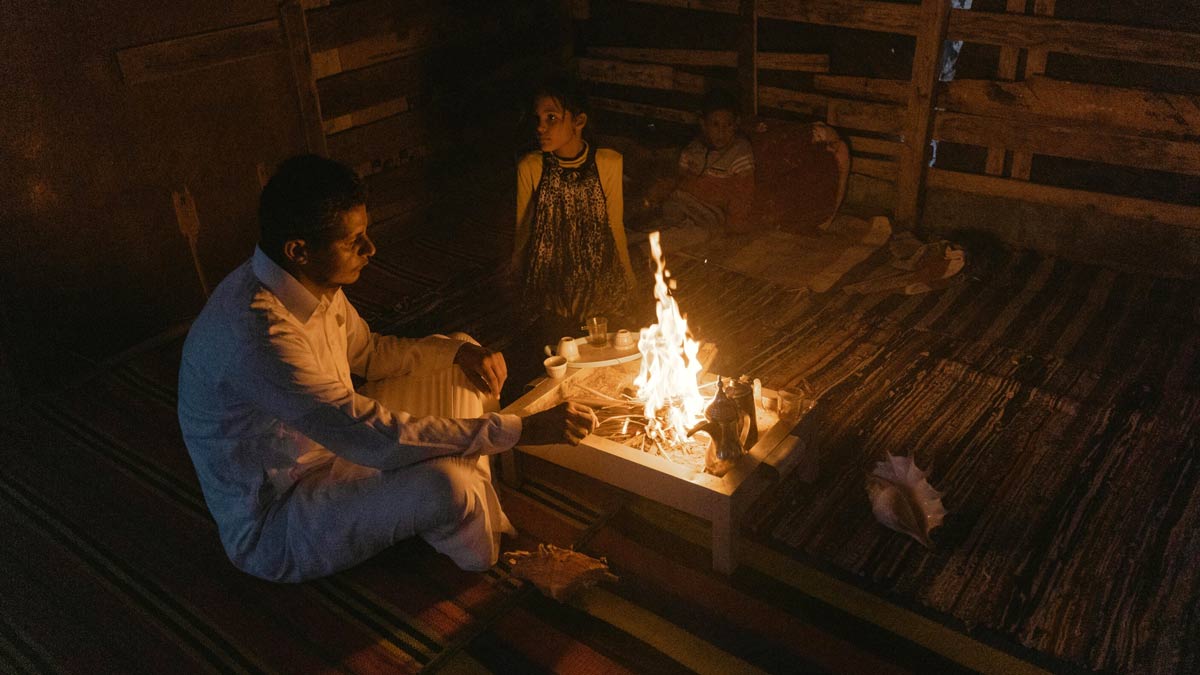
A recent study from Cornell University has highlighted a critical health issue affecting infants in India: the use of dirty cooking fuels. According to this research, 27 out of every 1,000 infants and young children in India die due to exposure to these harmful fuels. This finding is particularly alarming in a country already grappling with some of the worst air pollution in the world.
Table of Content:-
India’s Air Pollution Crisis
India stands out on the global stage for its severe air pollution levels. Out of the top 100 cities with the worst air pollution, 83 are located within India, according to the sixth annual World Air Quality Report published in 2023. These cities exhibit pollution levels that are ten times higher than the safety limits set by the World Health Organization (WHO).
While outdoor air pollution often captures the spotlight, the Environmental Protection Agency (EPA) and other health organizations warn that indoor air quality can be even more detrimental. Since most people spend the majority of their time indoors, the concentration of pollutants in these enclosed spaces can be more harmful and have more immediate health impacts.

The Study’s Findings
The study titled “Cooking Fuel Choice and Child Mortality in India,” published in the Journal of Economic Behavior and Organization on April 26, presents a robust analysis of the impact of biomass fuels on child mortality. Led by Arnab Basu, a professor at the Charles H. Dyson School of Applied Economics and Management, the research provides a comprehensive look at the issue using nationally representative data collected over 25 years from the Demographic and Health Survey.
“This study uses nationally representative data from over 25 years, allowing us to identify all types of polluting fuels used by households,” Basu explained.
High Mortality Rates in Infants
The research revealed that the use of dirty cooking fuels most significantly impacts infants under a month old. At this critical developmental stage, infants' lungs are not fully developed, and they are often in close proximity to their mothers during cooking, increasing their exposure to harmful pollutants. The study also found a gender disparity, with young girls being more affected than boys. This discrepancy is attributed to cultural biases favouring sons, which leads to a lack of medical attention for daughters suffering from respiratory issues caused by pollution.
Also Read: Health Minister Releases Guidelines To Delhi Hospitals Amid Spike In Dengue Cases
“A switch to cleaner fuels would not only improve overall childhood health but also address the neglect of daughters,” Basu emphasized.
Global Impact of Dirty Cooking Fuels
The WHO estimates that about one-third of the global population relies on open fires or stoves fueled by biomass such as wood, animal dung, and crop waste for cooking. This practice is linked to an estimated 3.2 million deaths annually worldwide. In India, this issue is particularly severe. Several factors contribute to this, including large household sizes with one member, typically female, responsible for cooking all meals, and the labour-intensive nature of Indian cuisine, which involves prolonged cooking and preparation times.
Challenges in Mandating Change
Addressing this issue presents unique challenges. While governments can implement regulations to reduce outdoor pollution, such as banning the burning of crop waste, indoor pollution requires a different approach. Basu stressed the importance of focusing on indoor air quality and considering factors like regional agricultural practices, household characteristics, and family structure.
One practical solution proposed is to have separate outdoor rooms for cooking, which can significantly reduce indoor pollution. Additionally, promoting the use of cleaner fuels, such as pelletized pine needles, could be beneficial. However, alternatives like electricity often remain too expensive, and liquefied petroleum gas (LPG) may not suffice for larger households that prefer traditional cooking methods.
Also Read: Reports Of Dangerous Skin Diseases Spreading Among Children In Gaza; What Might Be The Causes?
Bottomline
Despite the challenges, the key takeaway from the study is clear: switching to cleaner cooking fuels could save thousands of young lives in India. Implementing and promoting the use of alternative fuels is a significant task, but it is crucial for improving public health.
The findings of this study underscore the urgent need to address indoor air pollution and highlight the necessity for cleaner cooking solutions in India. By doing so, not only can the health of children be improved, but the cultural biases that contribute to higher mortality rates among young girls can also be challenged. The road ahead is difficult, but the potential benefits make it a journey worth undertaking.
Also watch this video
How we keep this article up to date:
We work with experts and keep a close eye on the latest in health and wellness. Whenever there is a new research or helpful information, we update our articles with accurate and useful advice.
Current Version